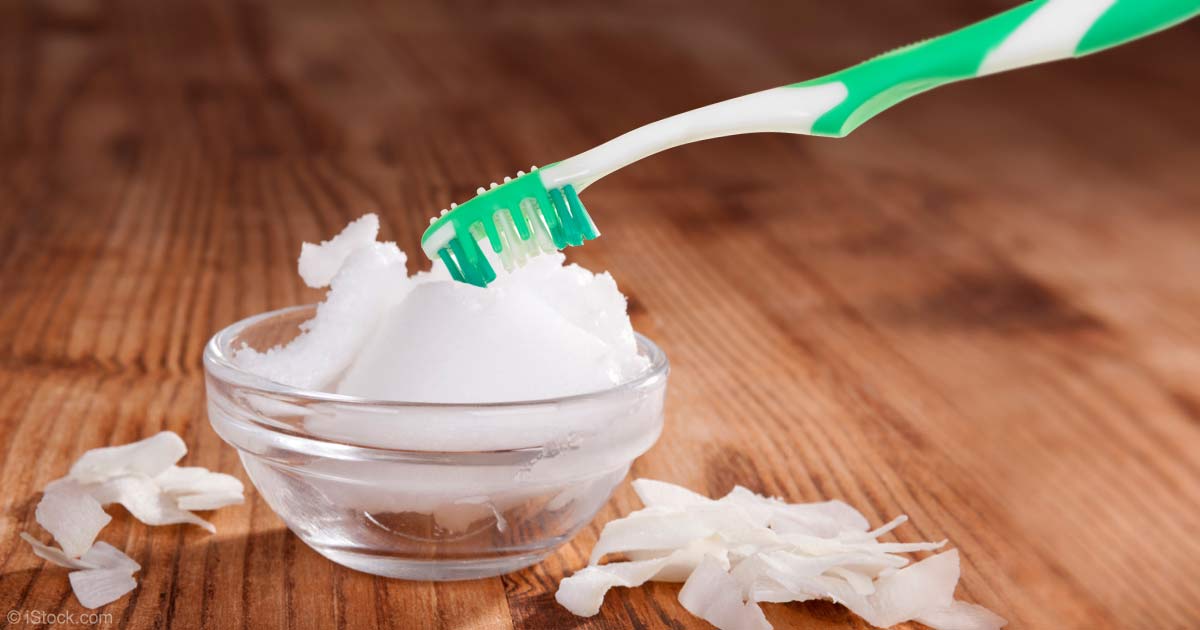TariqDrabu, a leading dentist and specialistic oral surgeon has advised
that there has been a lot of hype about coconut oil recently. Coconut
oil has become a favoured choice with people for all types of
applications from cooking to using it as a hair conditioner. Coconut
oil is brimming with healthy goodness, which is also effective for
your teeth. If you are consideration using an organic toothpaste and
it contains coconut oil, then here are a few things you need to know.
No chemicals
Coconutoil is completely natural and Tariq Drabu advised that the one
benefit is that it does not contain dangerous chemicals which can
harm your teeth. He wants patients to note that the tooth is made up
of various sections with the hard enamel, which is the hardest
substance in the body, being the outer coating which protects the
sensitive dentine and pulp found inside the tooth. Chemicals are
abrasive and can start to harm the enamel, making it thinner and
eventually making it easier for dangerous bacteria to make their way
into the tooth and cause irreparable damage.
Fights cavities
Coconut
oil has proven to be effective in fighting cavities. When brushing
your teeth the focus is to remove sugars, plaque, bacteria and more.
You want your teeth to be clean when you have finished your two
minutes of brushing. Coconut oil with all its' healthy benefits is
effective in fighting cavities so if you are looking at organic
toothpaste, it's worthwhile to ensure it contains this important
ingredient.
Affordable
You
will be surprised at how affordable coconut oil really is. Most
people are under the impression that something with so many health
benefits is going to break the bank but this is not the choice. TariqDrabu does recommend patients speak to their dental professional
before moving away from their regular toothpaste, bearing in mind
that coconut oil does not contain fluoride which is essential in
protecting the hard enamel to reduce the risk of tooth decay.
Brushing technique
Tariq Drabu also recommends that patients ensure that they are brushing properly and are taking the flu two minutes twice daily to brush. Each tooth must be focused on individually and brushed inside and out holding the brush at a forty five degree angle to ensure that the gums also enjoy a soft brushing.

